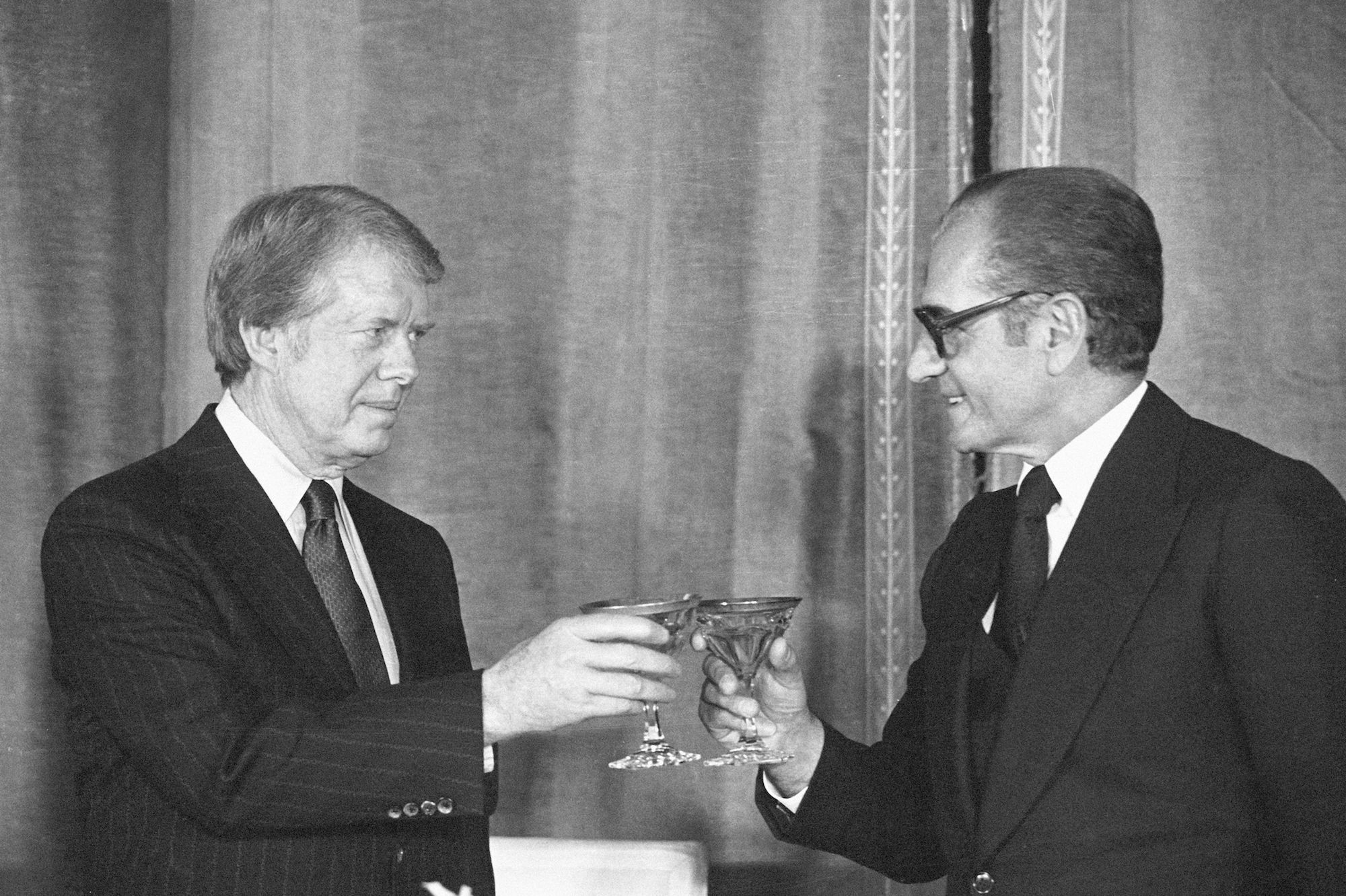Editorial cartoonists and political analysts from the Left (Ted Rall) and the Right (Scott Stantis) discuss and explain the latest news and events in a unique format where disagreement and debate occurs without yelling or stupid insults.
First up this week: War across the Middle East assumes a “Guns of August” vibe as Iran and Pakistan become the latest countries to launch crossborder missile attacks, with the victims being ethnic Balochis. Ted lays out how Iran is emerging as the big winner from the Israel-Hamas War. Scott pushes back from the American perspective, questioning whether the Islamic Republic is committing diplomatic suicide.
Second: The 2024 Presidential Campaign moves from Iowa to the bizarre New Hampshire primary, which is being skipped both by President Biden and Governor Ron DeSantis. All GOP eyes will soon turn to South Carolina—will the Palmetto State be the last stand for Haley, or DeSantis, or both? Meanwhile, New Hampshire threatens to torpedo Biden for his Big Snub.
Third topic: More depressing news from the world of dead trees, where the Washington Post is losing $100 million a year and the Los Angeles Times is down $50 million despite their deep-pocketed and supposedly brilliant owners. Ted asks Scott, who has worked at numerous papers, why can’t these supposed genius billionaires turn these sinking watchdogs of democracy around?
Watch the Video version of the DMZ America Podcast: here.

